
Who are the big hitters in e-sports? Meet the top players and the most influential figures globally and in Hong Kong
As part of our ongoing e-sports series, SCMP Sport introduces the key players in the industry
The explosion of popularity in e-sports and the vast sums of money flowing into the space are both driven by the people who build and support the community.
Here, top professional players and the most influential business people in e-sports tell us how they came to be involved in the global phenomenon and what they think of the current scene. Their experiences, their perspectives and their aims are not just the story of how e-sports got to where it is, they’re a window into what its future may hold.
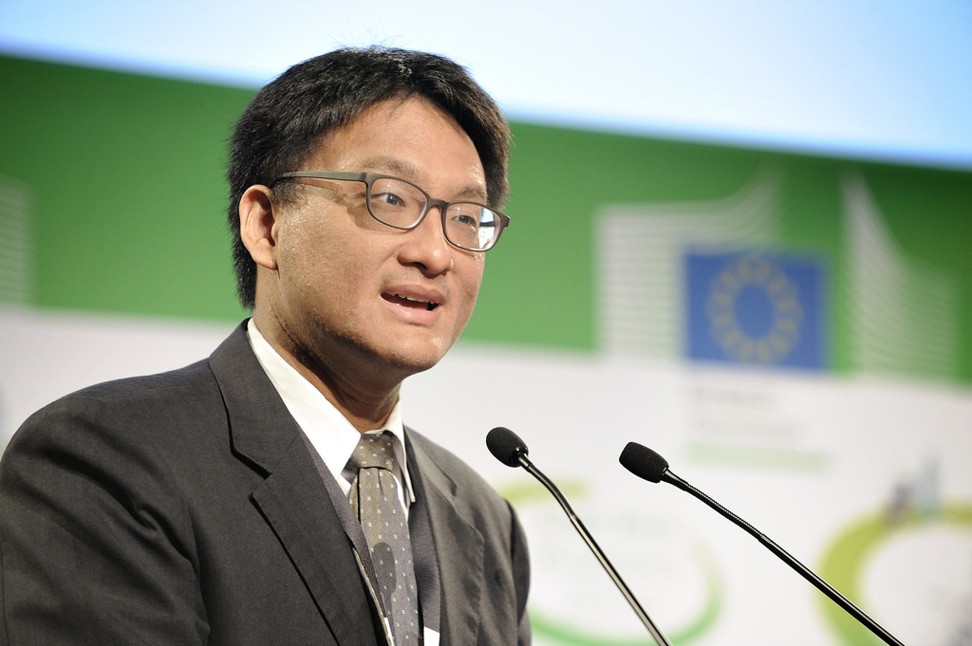
Johnson Yeh
Johnson Yeh is Head of Shanghai office at Riot Games, developer of League of Legends. The game is the base for the most popular e-sport in the world, with more than 100 million players. The title was the first true grassroots e-sports success that went on to win support from the game developer responsible for creating it. League of Legends currently stands as not only the most popular e-sport in the world, but also the most structured. Riot control all aspects of the professional leagues, and the company has recently made moves to franchise leagues in China and elsewhere.
Yeh was a top player in his youth, and then went on to organisations such as Goldman Sachs, McKinsey and the World Economic Forum. He also holds a PhD in Strategic Management.
“I love strategy games, and I love to set strategies, but even more, I love to make an impact and change the world.”
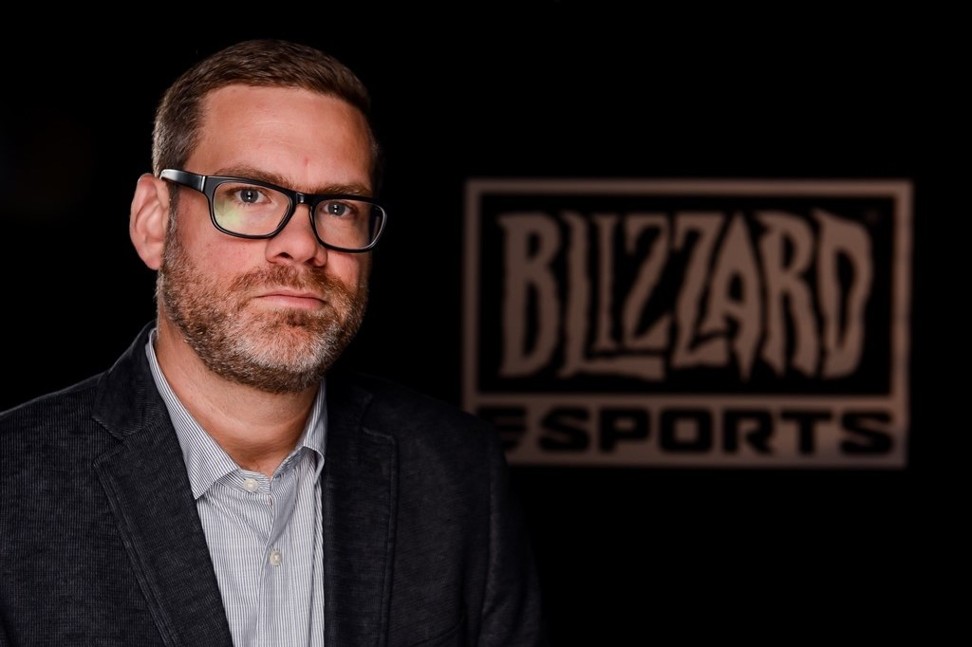
Nate Nanzer
Nate Nanzer is the Commissioner of Overwatch League, Activision Blizzard’s newly established global city-based franchise. Blizzard has created some of the biggest titles in gaming and e-sports history, World of Warcraft and Starcraft, as well as a slew of other hugely popular titles.
Nanzer was director of global research and consumer insights at Blizzard before he pitched his idea for a traditional sports style league. Since then, he’s been at the forefront of the wildly ambitious project which seeks to replicate the success of traditional sports and localise a scene.
“The Premier League has taken what was a local football league in the UK and made that a real global phenomenon. There’s a kid walking down the street in Vietnam right now wearing a Man U jersey. That’s no small feat.” Nanzer believes Blizzard’s Overwatch League can replicate this success and rival the successes of traditional sports leagues like the NFL, NBA and Premier League.
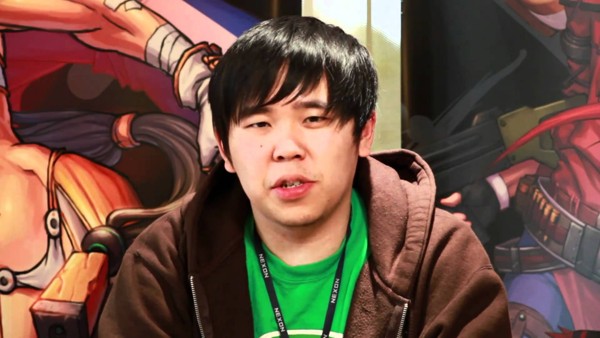
Justin Wong
Wong is a Street Fighter professional and popular Twitch streamer. A titan of the fighting game community (FGC), he has won more Evolution Championship Series titles than anyone in history. Wong is respected within the FGC not just for his skill, but for his personality and support for those in the e-sports community.
His story is typical of those in the early scene; he had no idea he would be catapulted to international stardom. His first tournament was in a local arcade in Chinatown playing Marvel vs Capcom 1, and was urged to attend larger tournaments by those who witnessed his skill. “I didn’t even know what a tournament was at the time. I decided to go since they told me I could play many people. It was such a thrilling experience, I decided to keep doing it up to now.”
Wong has a lot of love for the scene, and has a huge online following. “All my friends are into e-sports or competitive gaming. It has been such an amazing feeling to just meet new people all the time. I think that people that are involved with e-sports are amazing and talented people.”
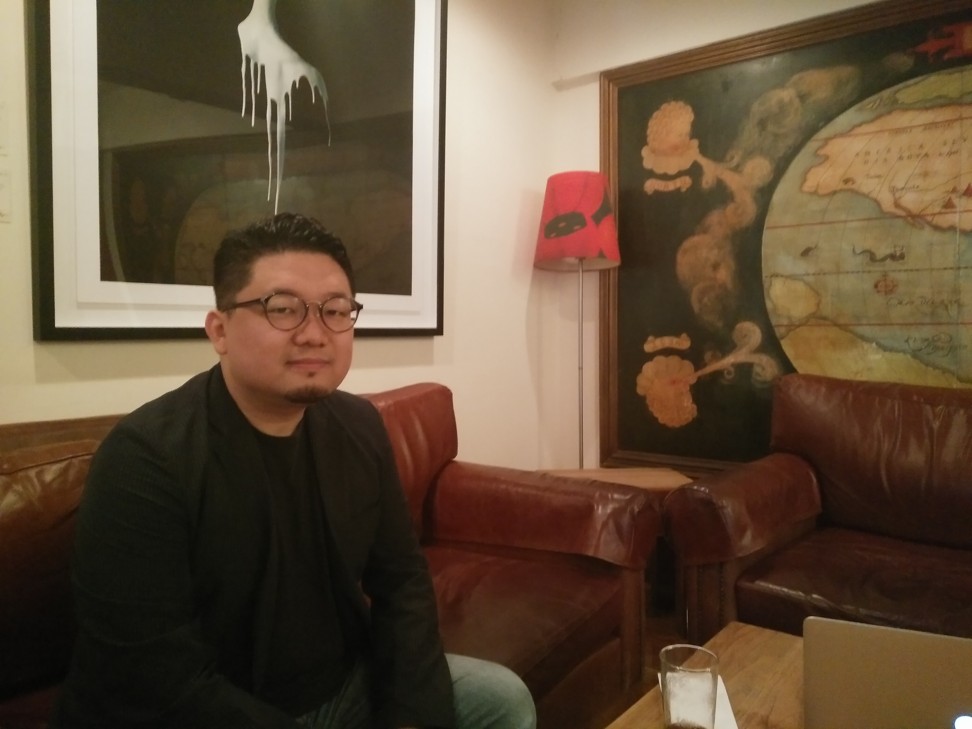
Dixon Wu
Dixon Wu is the founder of RETRO.HK, and an organiser at RETRO.HK Gaming Expo and RETROCUP. The two are Hong Kong’s first and only expo and e-sport tournament to focus on retro console & arcade games.
After studying art & game design in California, Wu returned to Hong Kong where he helped set up a group for retro gaming enthusiasts. Wu is passionate about retro games, and takes a different view on e-sports than most.
“E-sports is a term that was coined in recent years, but in fact televised gaming competitions with huge prize pools such as “That’s Incredible – Video Game Invitational”, were being held 30-plus years ago. So there’s plenty to learn from the past.”
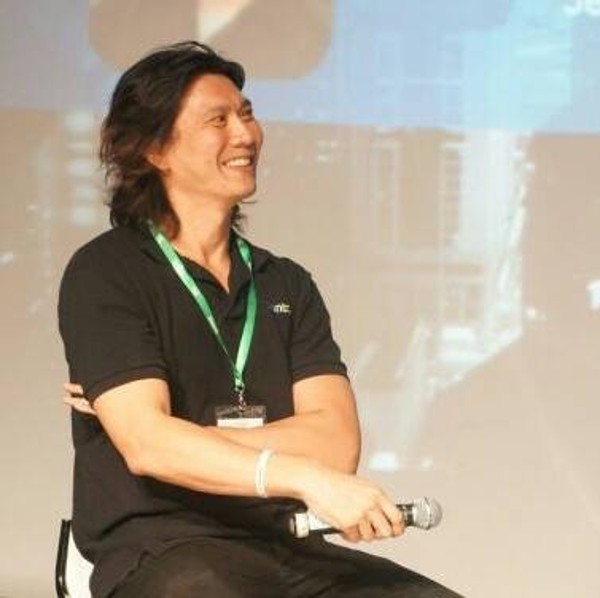
Paul Chen
Paul Chen is the chief marketing officer at Hong Kong E-sports (HKE). The largest e-sports organisation in Hong Kong.
Chen started his career in the video game industry 20 years ago in the US. He worked in the console industry focusing on PlayStation, Xbox and Nintendo 64, and later on Rovio’s Angry Birds business in Greater China before joining HKE.
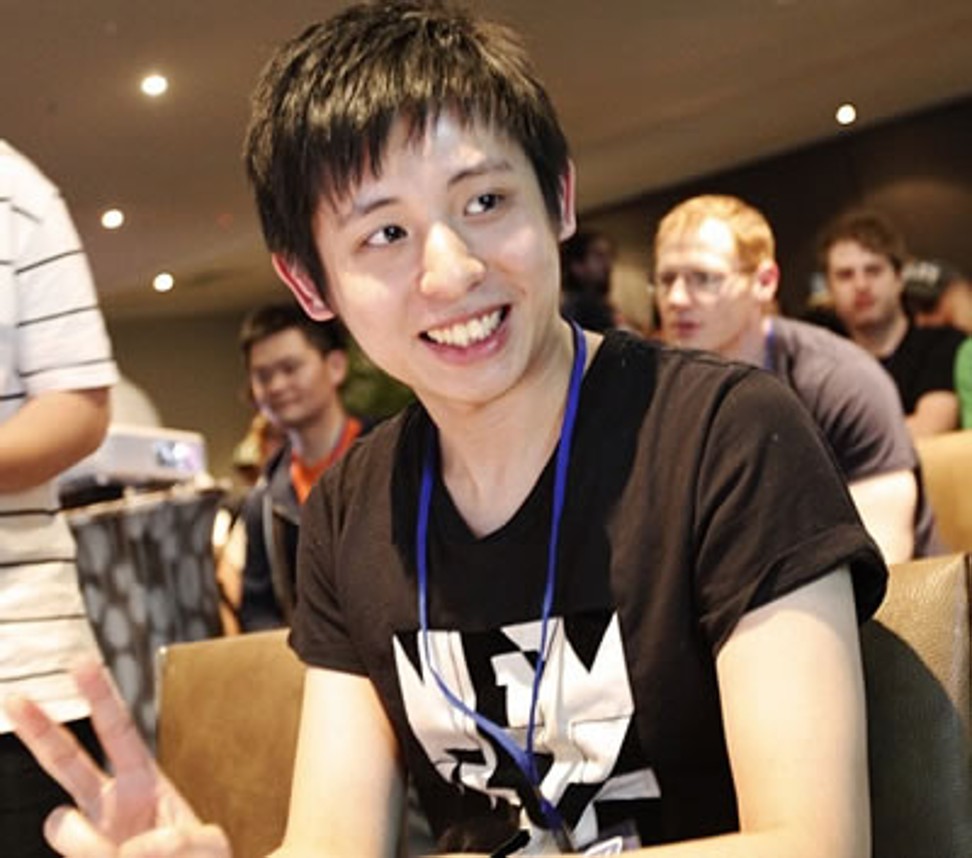
Jonny “HumanBomb” Cheng
Hong Kong’s No 1 Street Fighter player started playing very young. Cheng’s older brother took him to arcades for a few hours a day to hone his skills.
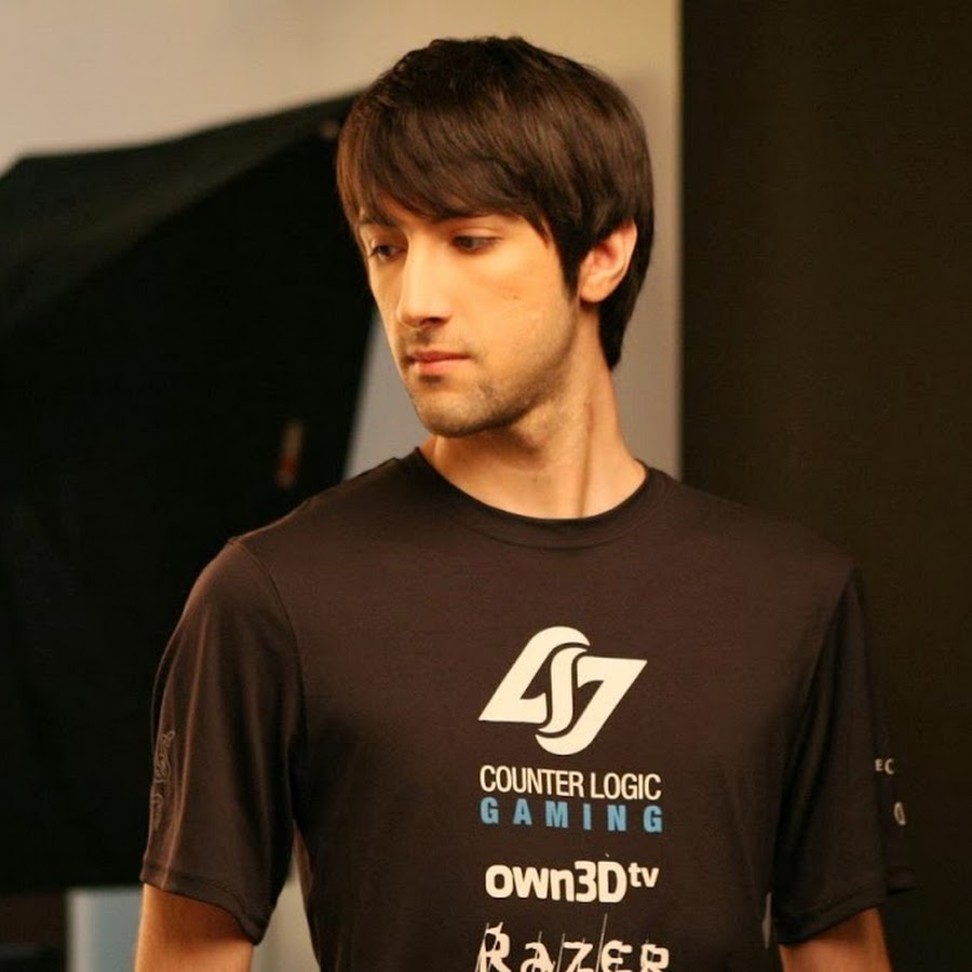
George “HotshotGG” Georgallidis
Georgallidis dropped out of college to pursue a career as a professional League of Legends player. He found fame streaming and went on to establish one of the oldest and most successful organisations in e-sports: Counter Logic Gaming.
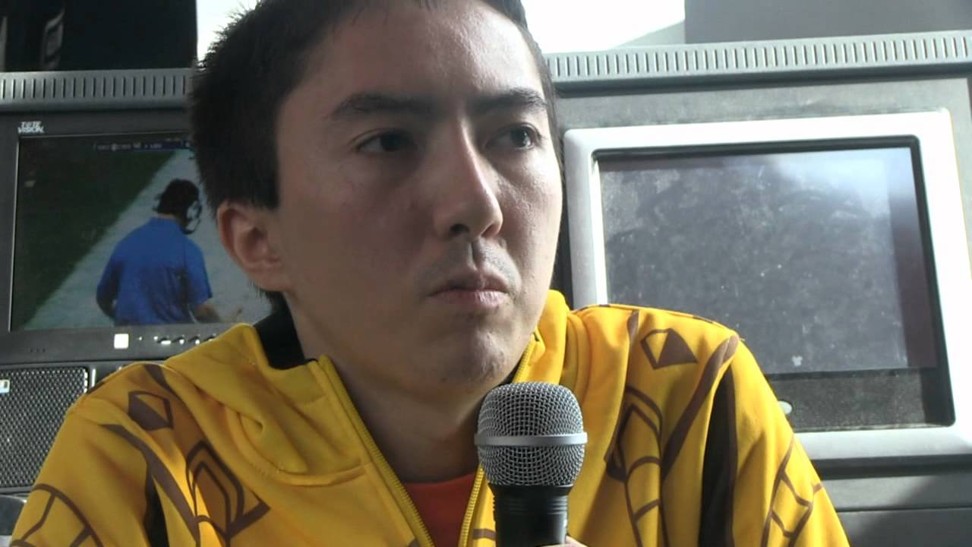
Brian “TheOddOne” Wyllie
Wyllie is one of the most famous players in the early League of Legends scene, and currently coaches Team Solo Mid. His Twitch stream is well-known for insights on strategy, and attracts tens of thousands of viewers daily.
“When I first started, live streaming wasn’t really big, and me and Chaox would play tournaments on the weekend for a $100 split between five people. We’d go to McDonald’s on that money. Salaries now are bigger than entire tournament prize pools from the past. I think it’s because there’s more viewership now since live streaming really took off. Before it was really hard to actually find where these games were, so there was no way to monetise it, but now with live streaming millions of viewers can actually see it. So we can actually command salaries now.”

